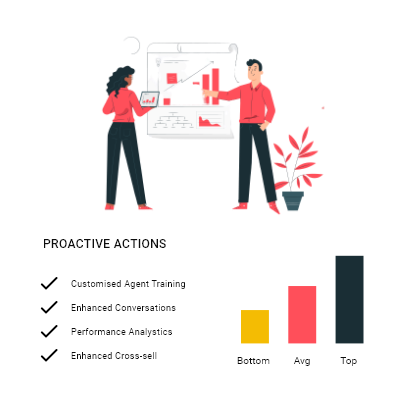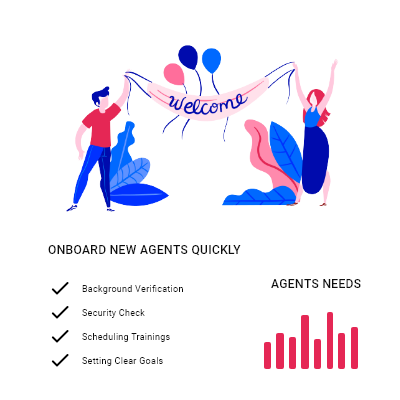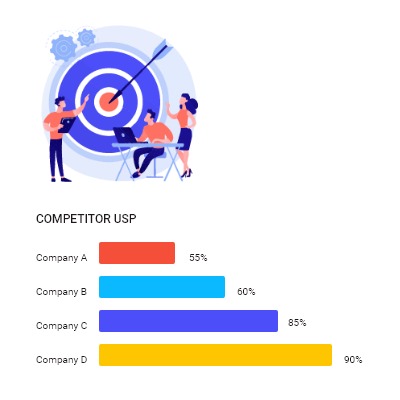Transform Customer Interactions with our AI-Driven Conversational Intelligence.
ODIO's Conversational AI model precisely Interprets 100% of frontline teams' interactions to amplify agent productivity, enhance customer experience, and skyrocket conversions across all omnichannel conversations.









Every Interaction = Increased Value
Supercharge your team with our AI-driven platform, tapping into 41 billion data points across 24 nations and 18 languages. Our cutting-edge technology, powered by Language Models, enables you to make smart decisions, improve agent performance, and enhance CSAT.
Unified Solution for Teamwide Excellence
Empower your team with real-time monitoring, dynamic coaching, and proactive measures to elevate performance, compliance, and customer experience.


For Agents:
Navigate. Learn. Shine.
Elevate agent performance through real-time monitoring. Erase apprehension about complex discussions and seize self-coaching opportunities at every interaction.


For Supervisors:
Anticipate. Adapt. Excel.
Proactively avert customer escalations and ensure compliance. Streamline onboarding and diminish attrition rates with dynamic real-time coaching.


For Managers:
Elevate. Optimize. Succeed.
Witness significant enhancements in hold times and first call resolutions. Drastically minimize escalations and compliance breaches.
For Leaders:
Enhance. Convert. Prosper.
Elevate customer experience to attract new clients and reduce churn. Experience shorter sales cycles and increased closures.

How does ODIO work?
ODIO’s Conversational Intelligence platform captures and comprehends conversations between customers and agents across omni-channel interactions, including phone, web conferencing, email, and chat. By analyzing these interactions, it provides actionable insights to empower organizations in optimizing conversions and efficiently serving customers.
Capture
Our best-in-class automatic speech recognition (ASR), proprietary AI, and natural language processing (NLP) frameworks reveal hidden trends, recommend actions, and predict call outcomes in realtime.
Analyze
Our seamless integrator connects with your existing dialer and telephony system to capture the customer interactions. Integrator has capabilities to take textual feed of your customer chat and emails as well.
Insights
Generate insights that strengthen customer engagement, increase sales, reduce churn, and help you build better products. In nutshell, our insights help you take smarter business decisions.
Integrations
Integrate conversation intelligence data, including Gen AI-powered insights, seamlessly with all your mission-critical systems.








Ready to get started?
Schedule a custom demo today to see how our platform can help you discover growth opportunities faster.

